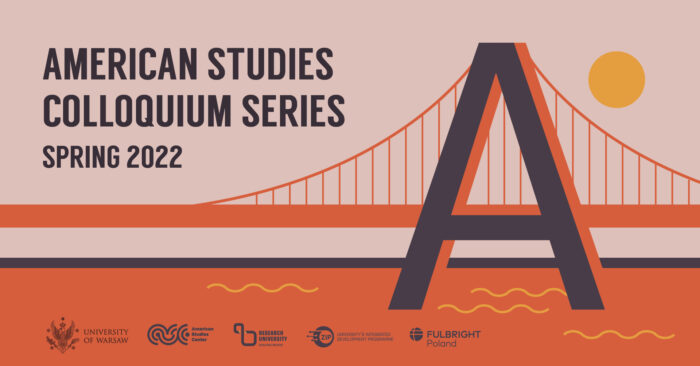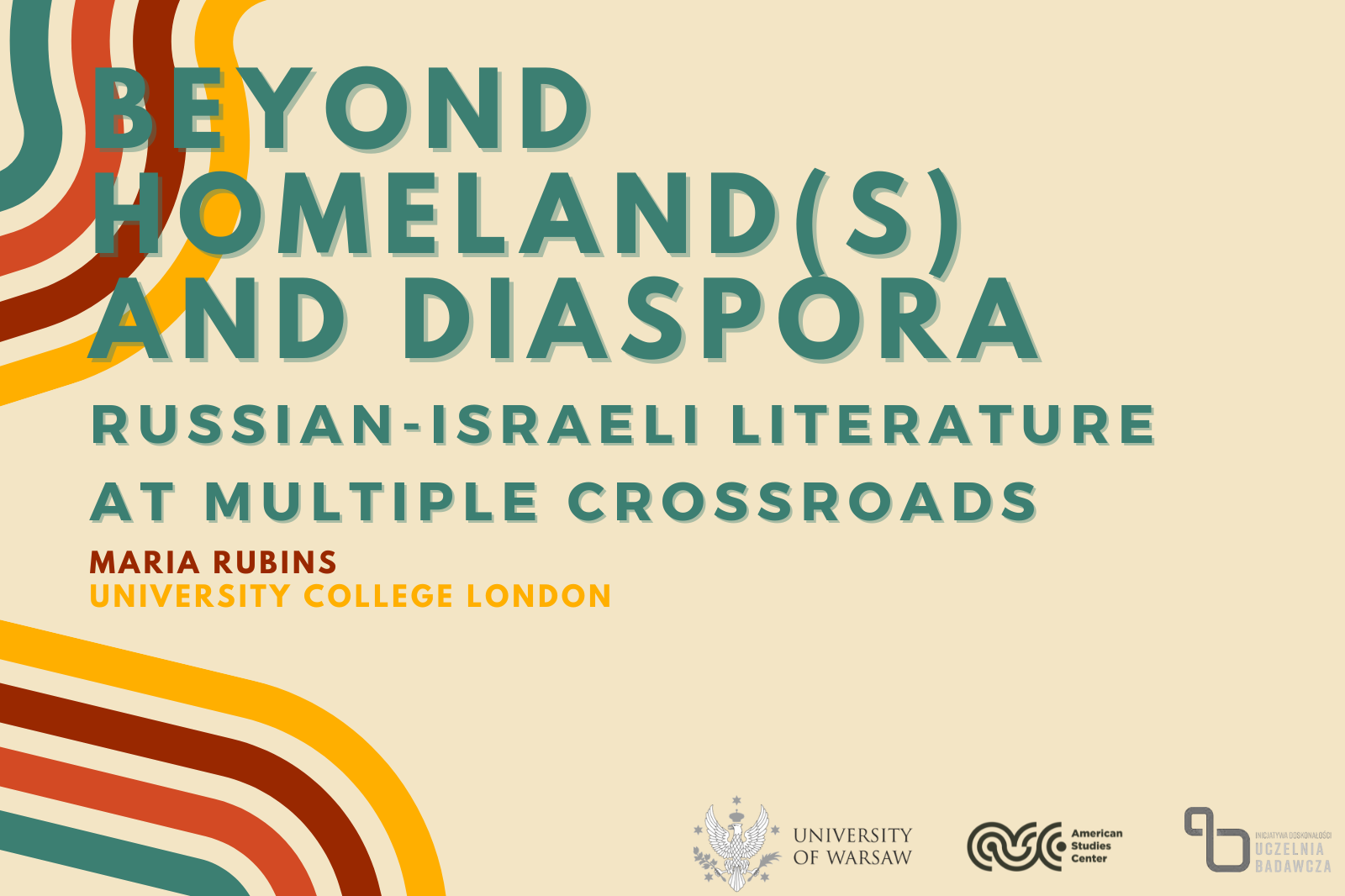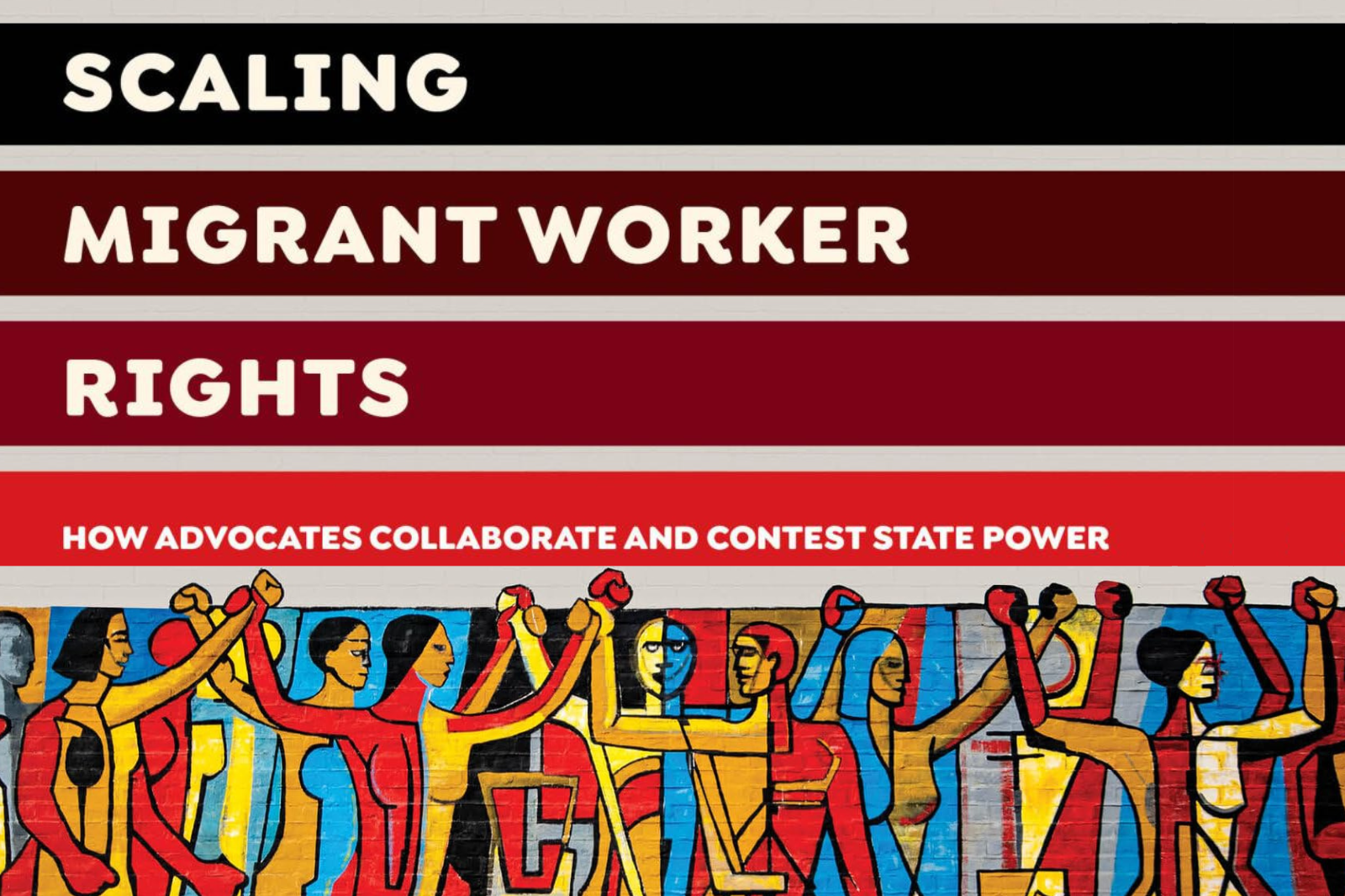We are pleased to announce an online lecture by
Raymond Malewitz
(Oregon State University/University of Warsaw)
‘bits of agitation on the body of the whole’: Animals in COVID-19 Literature
This lecture is going to be the a part
of the 2021/2022 Spring Edition of the
American Studies Colloquium Series.
Thursday, May 19, 2022
at 5:15 p.m.
You can get 2 OZN points for participating in this event.
Check how to collect OZN points online here.

poster by Joanna Bębenek
Where?
This lecture will be streamed online. To attend, click the button below or enter https://us02web.zoom.us/j/84692397093 into your browser, and join the meeting.
What?
Given its origins in horseshoe bat populations, the SARS-CoV-2 virus offers many opportunities to re-think our relationships with the nonhuman world around us. The history of COVID-19 might remind us that humans and other animals are equally subject to microbial infection, and the diseases that affect non-human communities have clear analogs in and often cross over into (and back out of) human communities. These crossings, in turn, might throw into relief how intertwined our worlds are, highlighting the fact that the health and welfare of our nonhuman community members directly affect the health and welfare of our human communities.
That said, as I will argue, these possible histories face stiff resistance from emerging cultural narratives embodied in COVID poetry and fiction, which tend to reinforce the differences between the human and the nonhuman and the importance of keeping those two worlds physically and conceptually separate from one another. Setting this dominant tendency alongside Linda Gregerson’s quite different poem “If the Cure for AIDS, [sic],” I show why we should consider the current COVID pandemic as an ongoing inter-species event and what difficulties we will face as students and teachers of literature in doing so.
Who?
Raymond Malewitz is Associate Professor of English in the School of Writing, Literature and Film at Oregon State University and he currently in residence at the American Studies Center as a Fulbright Distinguished Chair in Humanities and Social Sciences. He is the author of The Practice of Misuse: Rugged Consumerism in Contemporary American Culture (Stanford University Press, 2014) and has published essays in journals such as PMLA, Critical Inquiry, Modern Fiction Studies, and Configurations as well as in popular news outlets such as The Washington Post. His talk this evening is from his current book project, which presents a new cultural history of animal diseases and their management.



